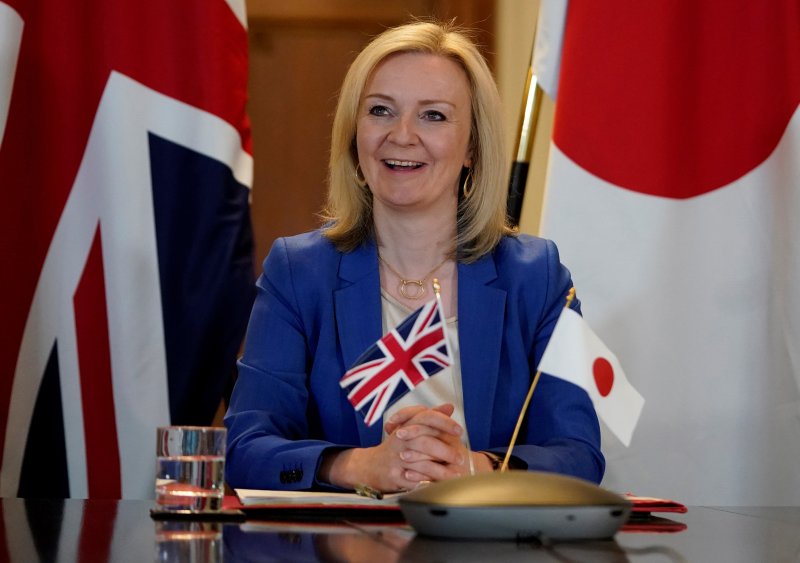Government formally launches Trade and Agriculture Commission

The first meeting of the Trade and Agriculture Commission has been held, with discussions focusing on the aims and scope of the Brexit trade body.
Members of the commission, which include representatives from the NFU and National Sheep Association, have agreed the body's top priorities.
At this first meeting they discussed ways of working and terms of engagement needed for success, and a provisional timetable and structure of working groups.
The commission reports directly to international trade secretary Liz Truss and it will produce an advisory report at the end of its six months’ work.
The body was set up to provide advice to government to ensure new UK trade policy secures opportunities for farmers and upholds high standards.
Farming bodies have frequently raised concerns over the possibility of lower-standard food imports as a result of trade deals between countries such as the US.
Last month, dozens of farmers descended on Westminster's Parliament Square to protest against the 'opening of floodgates to lower-regulated food'.
Ms Truss, who formally launched the body at an event in Whitehall on Monday (27 July), said the commission would put farming 'at the heart of trade policy' and ensure that it is 'amongst the most competitive and innovative in the world'.
“We’re stepping up our engagement with all the groups who have an interest in Britain’s agriculture trade policy," the international trade secretary said.
"The Trade and Agriculture Commission will ensure the voices of the public and industry are heard, and that their interests are advanced and protected.
"It will advise the government on how Britain can remain a world-leader in animal welfare and environmental standards, and how we can seize new export opportunities for our farmers."
The Trade and Agriculture Commission will act as an advisory board to the Secretary of State by producing a report every six months.
The report will consider the policies that government should adopt in free trade agreements and reflect consumer interests and those of developing countries.
It will also consider how the UK engages the WTO to build a coalition that helps advance higher animal welfare standards.
Defra Secretary George Eustice said the government was 'committed' that trade negotiations would not compromise farmers' standards
"I would like to thank the Trade and Agriculture Commission’s members and others who support our efforts to ensure that in any future trade deals we will uphold these standards.
“I very much look forward to working with the commission this year and of course to the report and recommendations that they come up with.”
Who are the members of the commission?
The Trade and Agriculture Commission members consist of representatives across the food and farming industries:
• Non-Executive Director Cranswick plc and Pret a Manger- Tim Smith (Chair)
• NFU England - Nick von Westenholz
• NFU Scotland - Andrew McCornick
• NFU Cymru - John Davies
• Ulster Farmers Union - Victor Chestnutt
• The Farmers Union of Wales - Glyn Roberts
• Lamb farmer - Rob Hodgkins
• Competere - Shanker Singham
• Former Chief Veterinary Officer - Nigel Gibbens
• British Retail Consortium - Andrew Opie
• Trade Out Of Poverty - Tom Pengelly
• Former Trade Minister and Agriculture Minister for New Zealand - Sir Lockwood Smith
• UKHospitality - Kate Nicholls
• Food and Drink Federation - Ian Wright CBE
• LEAF - Caroline Drummond








